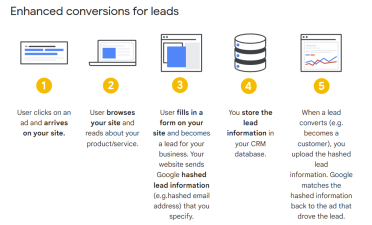While it's true that none of us can predict the future (unless that is, you're some kind of time traveller), it is possible to identify trends on the horizon.
Whether you're a fully-fledged marketeer, web developer or business owner curious about what’s next, we hope these trend predictions help keep you ahead of the curve and ready to seize new opportunities throughout 2025.
Starting with web design trends
Where we're likely going to see a much greater emphasis on digital experiences. In particular:
Minimalism, reimagined - Clean, uncluttered designs will reign supreme, helping users find what they need without distraction. The new mantra? Less is more, but make it memorable.
Probably one of the best-known examples out there would be Apple:
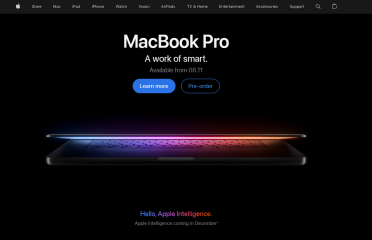
Dark mode dominance - More than just a trendy look, dark themes help to reduce eye strain and extend battery life, making them a practical and aesthetic choice for modern web design.
Going fully shameless here, and plugging our very own website Versantus:
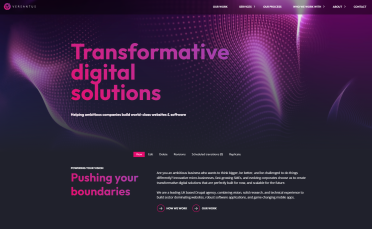
Voice-first search and design: As voice assistants get smarter, websites will need to catch up. Expect a wave of voice-activated features, along with optimised content designed to be found by voice search.
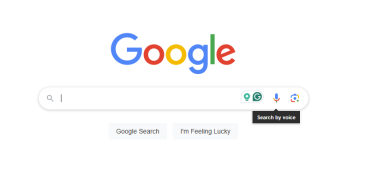
User Experience (UX) trends
UX will stay center stage in 2025, with a focus on making online experiences enjoyable, inclusive, and intuitive with:
Hyper-personalisation - By better understanding user behaviour, marketers will deliver highly personalised content, tailored recommendations, and experiences that make users feel seen and valued.
We've all seen this, likely most frequently on websites such as Amazon:
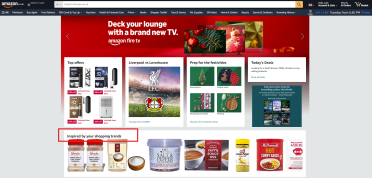
AI-Powered insights - Artificial intelligence will continue to revolutionise data analysis, providing real-time insights into user behaviour and enabling more informed decisions.
We use tools such as Chat GPT, Gemini, Midjourney and Luma (to name only a few):
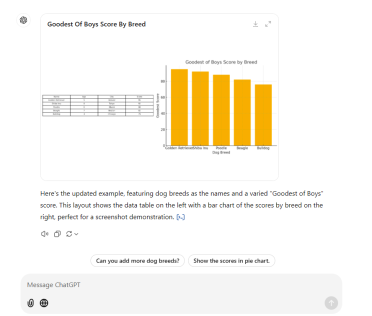
Accessibility as standard - Making websites accessible to all, including people with disabilities, will be more than a trend - it’ll be the norm. Inclusive design isn’t just good practice; it opens up digital experiences to a wider audience and enriches UX for everyone.
There are three levels of website accessibility:
- A: Minimum level of accessibility. Ensures basic usability for people with disabilities.
- AA: Mid-range level. Widely considered legally acceptable and significantly improves accessibility for most users.
- AAA: Highest level of accessibility. Aims to make content as accessible as possible, but may not be feasible for all content.
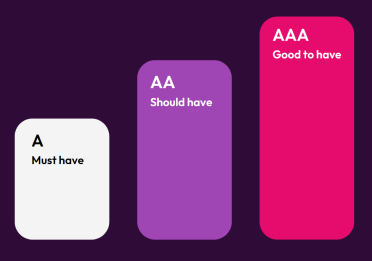
Moving on to Pay-Per-Click (PPC) trends
PPC advertising will continue to be a critical tool for driving traffic and conversions, but it’s evolving to become a precision science:
AI-Driven automation - Automation will handle many of the repetitive PPC tasks, giving marketers (like me) the freedom to focus on high-level strategy and creative ideas.
From response search ads, to smart bidding, oh and not forgetting PerformanceMax campaigns and auto-generated performance summaries for streamlined reporting.
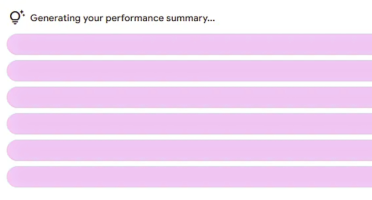
Enhanced attribution and tracking - The likes of Google's 'enhanced tracking' and new 'data-driven' attribution models will offer deeper insights into which campaigns work best, fine-tuning and qualifying performance like never before.
Visual search advertising - With visual search on the rise, advertisers will need to adapt, creating image-rich, discoverable ads that engage users through visual channels.
One of my personal favourites lately, has to be the marketing Surreal are doing *a modern and disruptive cereal brand.
And last and by no means least, Search Engine Optimisation (SEO) trends
SEO will of course evolve throughout 2025 in:
Core web vitals as key metrics - Google’s Core Web Vitals - page speed, responsiveness, and visual stability - will remain critical for rankings. Ensuring top-notch performance on these factors will be essential for streamlined SEO success.
E-A-T (Expertise, Authoritativeness, Trustworthiness) - Content that’s informative, credible, and showcases your brand’s expertise will be crucial. Users want quality, and so does Google.
But wait... there's more!
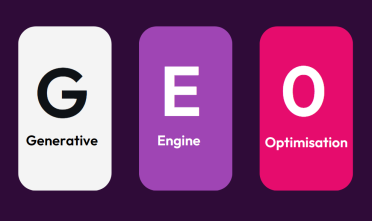
The emergence of Generative Engine Optimisation (GEO)
Where I see 'metaphorical sh*' really hit the fan will be with how marketers adapt to Generative Engine Optimisation (GEO) - Let's face the facts here AI is here to stay, and AI-powered search engines such as Google Gemini and ChatGPT are becoming more and more sophisticated by the day, prioritising content that is both relevant and helpful.
To optimise for GEO, you're going to want to consider:
- AI-friendly content that is well-structured, easy to understand, and answers user queries comprehensively.
- Long-tail keywords that are more specific and reflect natural language queries.
- Semantic search that utilises synonyms, related terms, and contextually relevant keywords.
- User experience, in particular fast loading times, mobile-friendliness, and intuitive navigation.
- Using AI-powered tools to analyse your content, identify areas for improvement, and generate new content ideas.
The road ahead is bright!
By keeping an eye on these trends, you’ll be well-equipped to navigate the future of digital marketing. Remember, 2025 is full of opportunities - whether you’re refining your brand’s SEO game, embracing the power of AI and personalisation or creating immersive web experiences.
The future of digital marketing is bright, and it’s only getting started!


